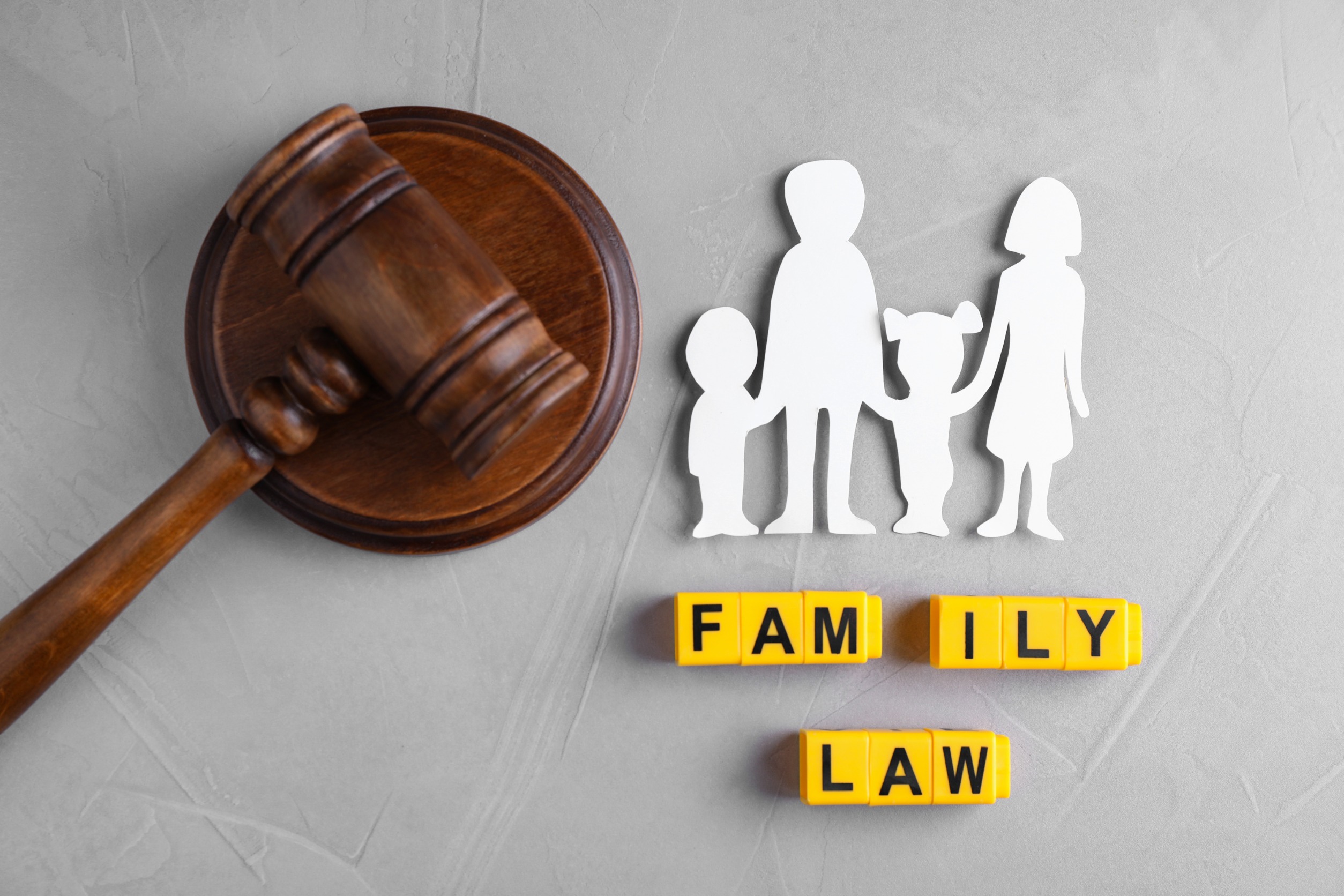If you find yourself in a situation where your ex-girlfriend won’t allow you visitation of your child, you might feel frustrated and confused about what steps you can take. It’s important to understand that both parents have rights and responsibilities towards their child, even if they are not together. If not allowed visitation of your child, family lawyers can help. To learn about related legal topics and more, visit our Tulsa County Lawyers Blog here.
Establishing Paternity
The first step in asserting your visitation rights as a father is to establish paternity. This involves legally confirming your biological relationship to the child, particularly if you weren’t married to the child’s mother at the time of birth and your name isn’t listed on the birth certificate. To achieve this, undergoing a paternity test is typically necessary to definitively establish your parental connection. The process holds importance as it not only solidifies your legal standing as the father but also lays the groundwork for your potential involvement in the child’s life, including visitation rights and, in some cases, the pursuit of custody arrangements down the line.
Seeking Visitation Rights
After establishing your paternity, you can seek visitation rights. In most cases, you will file a petition with the court. In your petition, you will ask for a specific visitation schedule. The court will consider several factors to ensure that the arrangement serves the best interests of the child. These include the child’s relationship with both parents, the home stability, and each parent’s ability to care for the child. It is helpful to have a clear plan that shows how you will provide a safe and supportive environment..
When a Parent Can Deny Visitation of a Child in Oklahoma
In Oklahoma, a custodial parent can deny visitation of a child to a non-custodial parent under certain specific circumstances:
- Safety Concerns: If there is a reasonable belief supported by fact that the child might be subject to abuse or neglect from the non-custodial parent, the custodial parent may refuse visitation to protect the child. This decision is subject to review by the court.
- Court Orders: If existing court orders include stipulations on visitation the custodial parent must comply with these conditions. This can be for reasons such as requiring supervised visitation due to past instances of domestic violence or stalking behaviors. If the non-custodial parent does not meet these conditions, the custodial parent can deny visitation.
- Violation of Safety Measures: If the non-custodial parent poses a demonstrated threat or has previously violated terms set for the safety of the child or custodial parent, visitation can also be legally denied. This might include failing to complete required intervention programs or engaging in threatening behavior.
Filing a Motion for Enforcement of Visitation Rights
If you are unjustly denied visitation rights, you should file a motion for enforcement. This will help to ensure that your rights as a parent are being enforced and obeyed. This process involves detailing the names and ages of the children, specific instances when not allowed visitation and the date of the last visitation. These details serve to back up your claim and demonstrate a trend of actions that warrants intervention by the court. After, submit it to the court clerk for review. The clerk will then set a hearing date no later than twenty-one days after filing.
The Hearing and Legal Proceedings
During the hearing, you will need to present evidence showing that your visitation rights were unreasonably denied or interfered with. This evidence might include communication records, testimonies, or other relevant documents showing you were not allowed visitation of the child. If the court rules in your favor, it may issue orders for a specific visitation schedule, compensatory visitation time, and possibly the posting of a bond by the custodial parent to ensure compliance. The court may also order one or both parents to attend counseling sessions or any other remedy it deems appropriate. Additionally, if you prevail, awards can include reasonable attorney fees, mediation costs, and court costs.
Continued Enforcement
Should the custodial parent continue to violate the court’s orders, you may need to take further legal actions. This could lead to penalties for the custodial parent for not adhering to the court order. It might also necessitate requesting further modifications to the custody arrangements to address ongoing issues. It’s smart to work with a family law attorney throughout this process. By doing so, you will be able to ensure that you are correctly following all legal procedures and that you present the most compelling case in court.
Family Law Attorney in Tulsa
Facing a situation where you are not allowed visitation of your child is challenging, but there are legal steps you can take to assert your visitation rights. Establishing paternity, seeking a court-ordered visitation schedule, and ensuring the proper execution of any court orders are all parts of this process. The ultimate goal is to ensure your child’s welfare is a priority and that they benefit from both parents. A child custody lawyer can help you understand and fight for your rights as a father. If you’re facing issues with visiting your child, contact experienced family lawyers at Tulsa County Lawyers Group by calling (918) 379-4864 or contacting us online for a consultation with an attorney.

